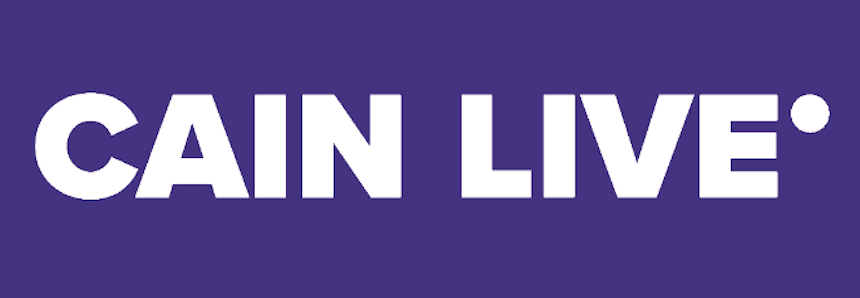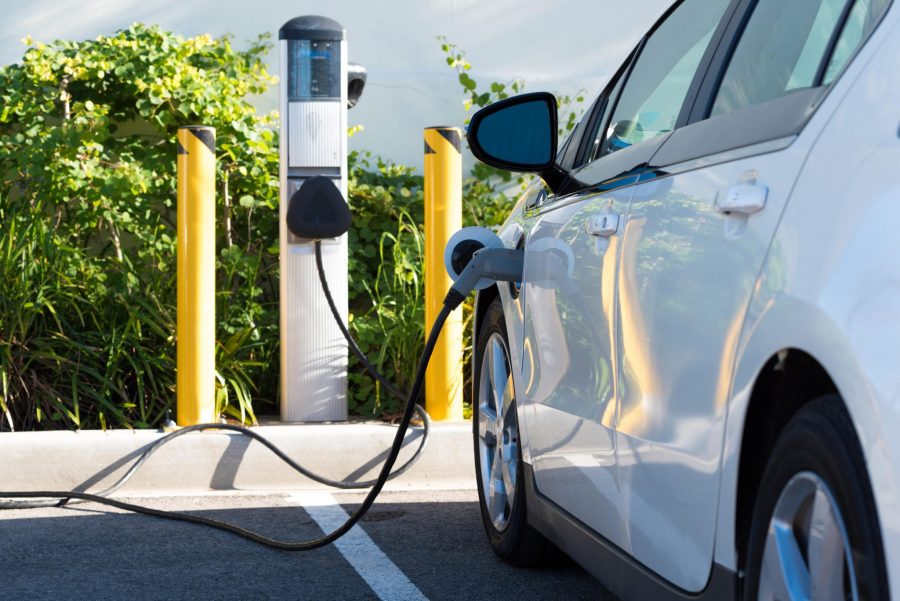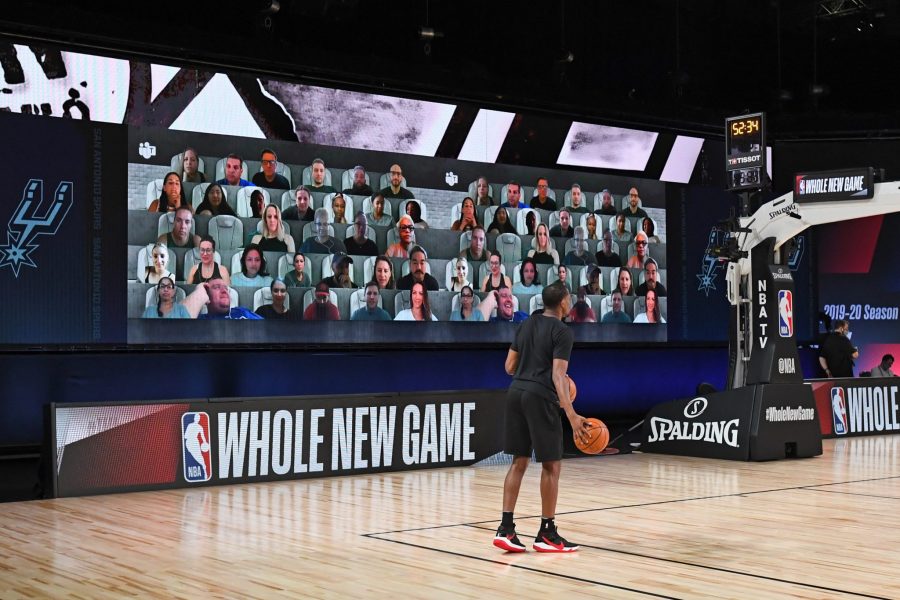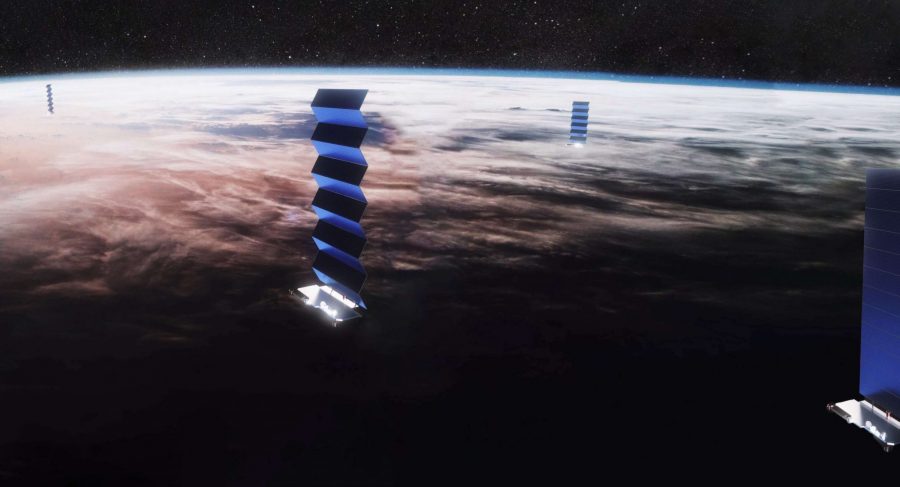Within the next few years, it will be expected that Apple implements the industry-standard USB-C into its products after the European Commission recently recommended the European Union to create a law that mandates the “introduction of common chargers for all mobile devices.”
This proposal was overwhelmingly passed last Thursday 582 votes to 40 votes by the European Commission in which the Commission proposed that all smartphone manufacturers commit to one, single charging standard. Unarguably, this universal standard would be USB-C as it is already widely implemented in a variety of phones such as Samsung’s Galaxy S10, Google’s Pixel 4, OnePlus’s 7T, among other devices.
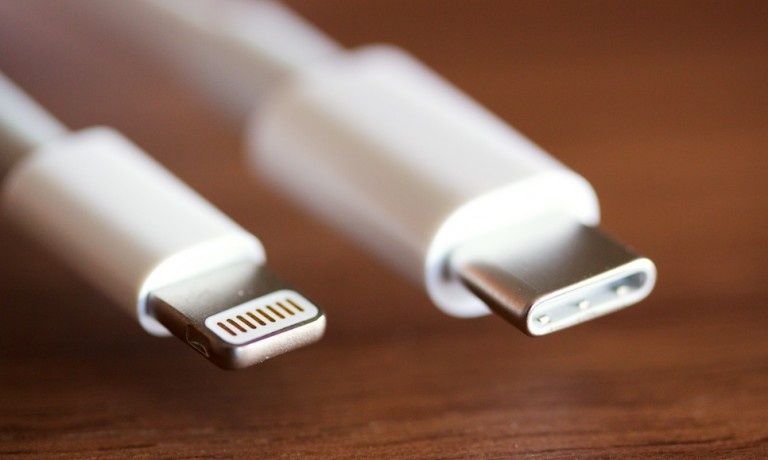
Prior to the proposal, Apple had continuously tried to obstruct the proposal, insisting that a universal charging standard would hinder innovation and cause negative environmental impacts due to the hundreds of millions of active devices and accessories that currently use the patented Lightning Connector.
“We believe regulation that forces conformity across the type of connector built into all smartphones stifles innovation rather than encouraging it, and would harm consumers in Europe and the economy as a whole,” Apple said in a statement to Reuters. “Legislation would have a direct negative impact by disrupting the hundreds of millions of active devices and accessories used by our European customers and even more Apple customers worldwide, creating an unprecedented volume of electronic waste and greatly inconveniencing users.”
Despite this, the European Commission still pushed for the proposal, even responding to Apple’s comment on innovation before voting on the resolution.
“The Commission, without hampering innovation, should ensure that the legislative framework for a common charger will be scrutinized regularly in order to take into account technical progress; reiterates the importance of research and innovation in this domain to improve existing technologies and come up with new ones.”
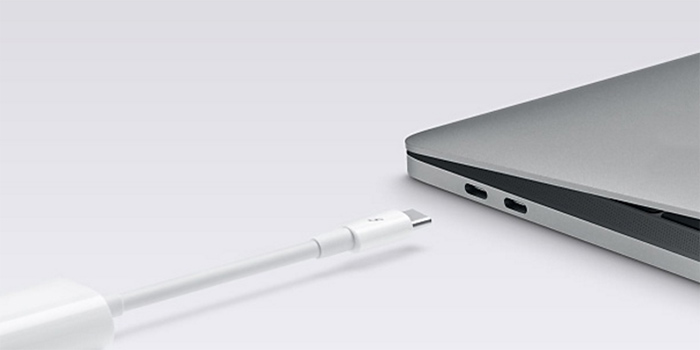
Already, Apple produces USB-C-equipped MacBooks as well as the iPad Pros. However, because the patented Lightning Connector allows the company to have increased control on the iPhone, Apple has, for years, refused to introduce USB-C to their iPhone lineup.
Although the resolution will not fully be in effect by the time Apple releases the next iPhone line-up, it will undoubtedly cause Apple to switch its charging standard by the time Apple releases its 13th generation iPhone.
“We [still] hope the Commission will continue to seek a solution that does not restrict the industry’s ability to innovate and bring exciting new technology to customers,” Apple said.

